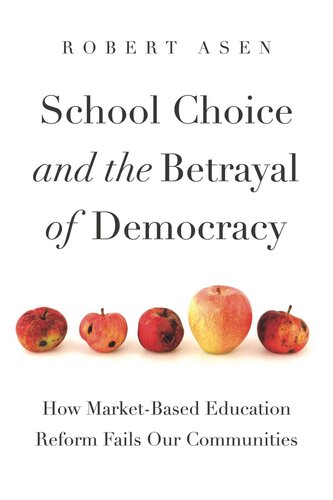

Most ebook files are in PDF format, so you can easily read them using various software such as Foxit Reader or directly on the Google Chrome browser.
Some ebook files are released by publishers in other formats such as .awz, .mobi, .epub, .fb2, etc. You may need to install specific software to read these formats on mobile/PC, such as Calibre.
Please read the tutorial at this link: https://ebookbell.com/faq
We offer FREE conversion to the popular formats you request; however, this may take some time. Therefore, right after payment, please email us, and we will try to provide the service as quickly as possible.
For some exceptional file formats or broken links (if any), please refrain from opening any disputes. Instead, email us first, and we will try to assist within a maximum of 6 hours.
EbookBell Team

5.0
50 reviewsEvidence shows that the increasing privatization of K–12 education siphons resources away from public schools, resulting in poorer learning conditions, underpaid teachers, and greater inequality. But, as Robert Asen reveals here, the damage that market-based education reform inflicts on society runs much deeper. At their core, these efforts are antidemocratic.
Arguing that democratic communities and public education need one another, Asen examines the theory driving privatization, popularized in the neoliberalism of Milton and Rose Friedman, as well as the case for school choice promoted by former secretary of education Betsy DeVos and the controversial voucher program of former Wisconsin governor Scott Walker. What Asen finds is that a market-based approach holds not just a different view of distributing education but a different vision of society. When the values of the market—choice, competition, and self-interest—shape national education, that policy produces individuals, Asen contends, with no connections to community and no obligations to one another. The result is a society at odds with democracy.
Probing and thought-provoking, School Choice and the Betrayal of Democracy features interviews with local, on-the-ground advocates for public education and offers a countering vision of democratic education—one oriented toward civic relationships, community, and equality. This book is essential reading for policymakers, advocates of public education, citizens, and researchers.